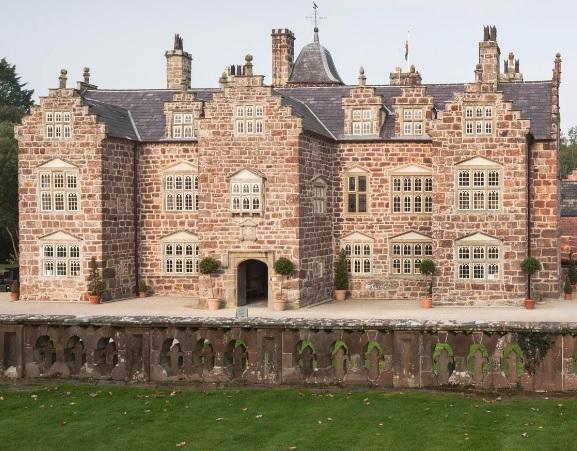
In 2011, Prof. Robin Grove-White completed a doctoral thesis on the Anglesey gentleman-lawyer Hugh Hughes of Plas Coch (c.1548-1609), under the supervision of Nia Powell. The project provided one of the inspirations for the establishment of the Institute for the Study of Welsh Estates, with Robin appointed Chair of ISWE’s Advisory Board to guide the foundation and early development of the research centre.
Robin has since developed his research on Hugh Hughes and the Plas Coch estate, publishing A Prism for his Time: Late-Tudor Anglesey & Hugh Hughes of Plas Coch with the Anglesey Antiquarian Society.
The case study shines a light on an integral period in Welsh history. The administrative and judicial machinery established by the Acts of Union, through which Wales was governed from the mid-Tudor period onwards, gave a major role to native Welshmen. It is sometimes argued that this encouraged a predominantly self-seeking Welsh gentry class to ‘anglicise’, to the continuing detriment of Welsh culture and language. Through an examination of the life and career of a single individual from this class, the lawyer-landowner Hugh Hughes of Plas Coch in Anglesey, it is argued on the contrary that the multitiered administrative system helped perpetuate Welsh distinctiveness, with highly educated bi-lingual lawyers like Hughes himself crucial to the effectiveness of the machinery of government. His English university and legal training is shown to have been compatible with continued embeddedness in Welsh-speaking Anglesey, and his life and career provides a prism for understanding the various north Welsh governance institutions, in most of which he was personally involved, and their inter-connected workings. It is more appropriate to picture key figures of Hugh Hughes’ as acting on behalf of an emergent shared ‘imagined community’ of ‘Britain’, than as compromised agents of English hegemony.
